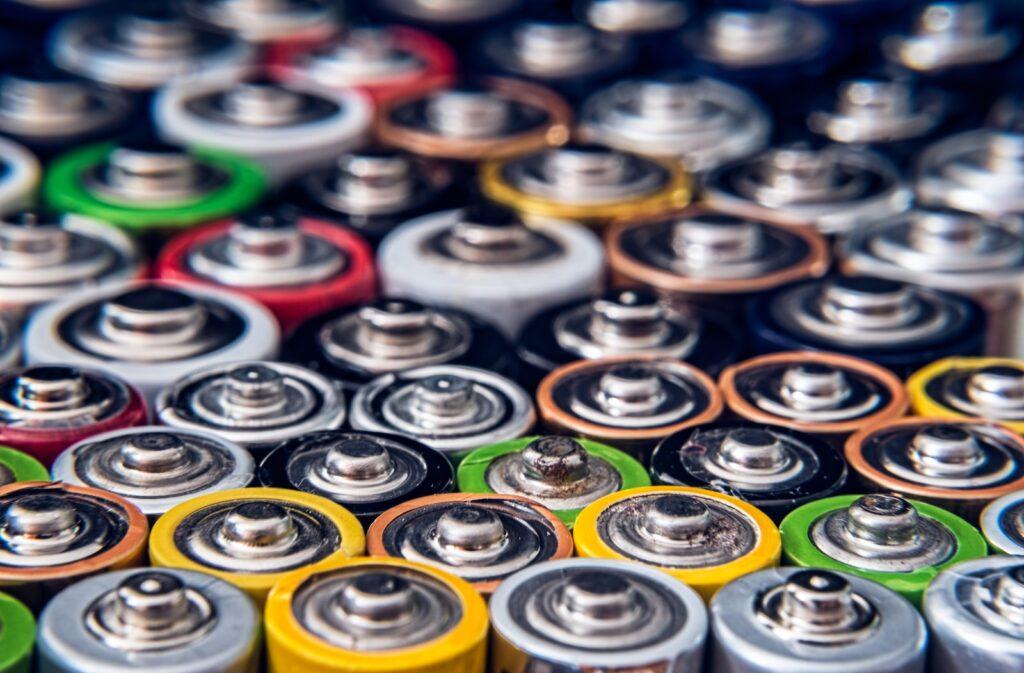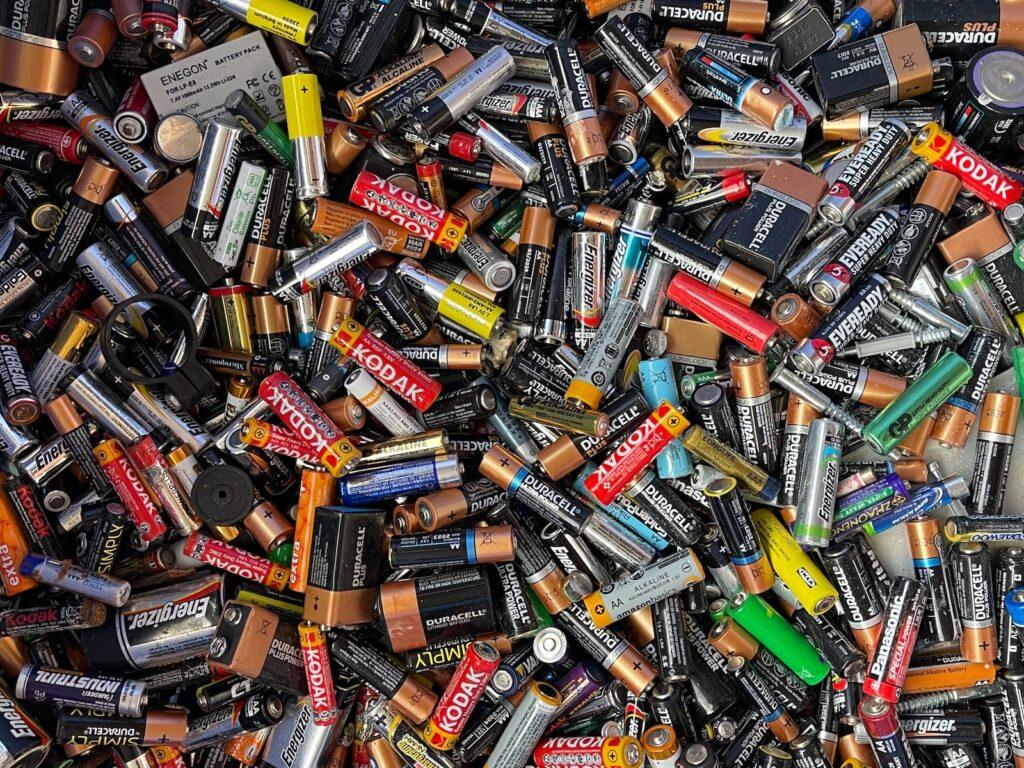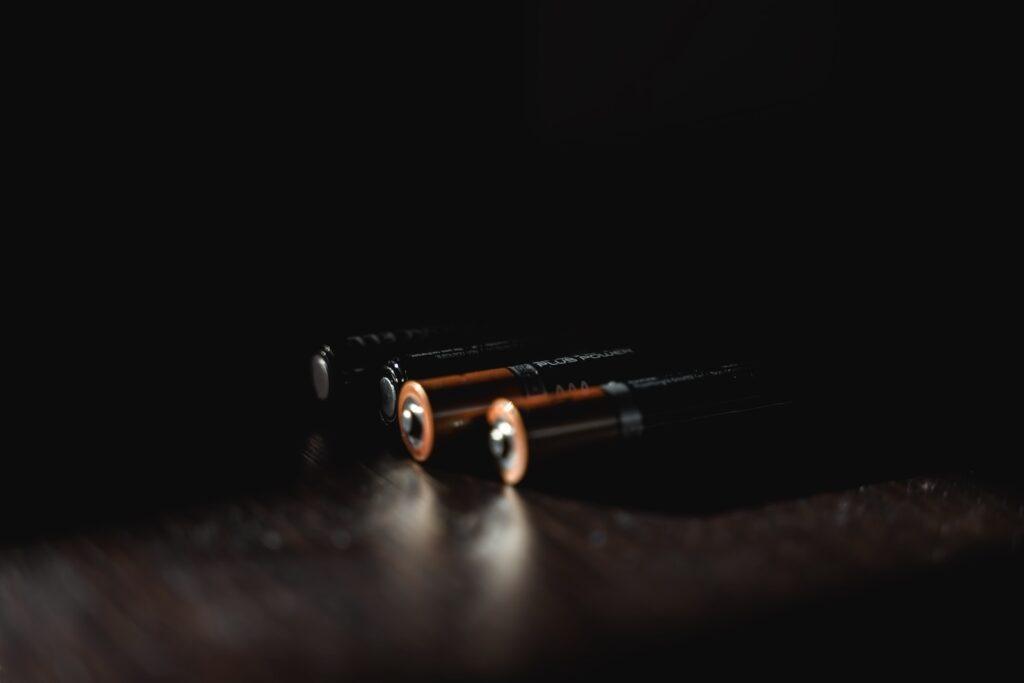Best Houseboat Batteries
The right battery isn’t just about keeping the lights on. It’s about guaranteeing smooth sailing (or lounging) as you relish your floating oasis. It’s about powering your journey, fueling your adventure, and ensuring those magical moments on the water are never interrupted by a sudden, unexpected power failure. You know, the kind that leaves you fumbling in the dark, while your perfect sunset dinner goes cold?
Best Houseboat Batteries
The best houseboat batteries are deep cycle batteries that can handle large amounts of power and provide a long runtime. They should be able to withstand the elements and provide consistent power for both starting and deep cycle applications. Look for a model with a high amp-hour rating, a thick plate construction, and a low self-discharge rate. Make sure to select a battery with the correct voltage for your houseboat system.
- Optima Batteries BlueTop Starting and Deep Cycle Marine Battery: Known for its high cranking power and excellent cycling capability, it’s resistant to vibration and shock, and is maintenance-free.
- Battle Born LiFePO4 Deep Cycle Battery: A high-performance battery designed with safety, longevity, and performance in mind. It is a Lithium-Iron-Phosphate battery which means it’s lighter, more compact, and offers more charge cycles.
- VMAXTANKS AGM Marine Deep Cycle Battery: Durable and reliable, it’s built to perform under harsh marine conditions. Plus, its Absorbent Glass Mat (AGM) design requires no maintenance.
- Universal Power Group Deep Cycle VRLA Battery: It’s a Valve-Regulated Lead Acid (VRLA) battery with a reputation for providing steady, reliable power for longer periods.
- Odyssey Trolling Thunder Marine Dual Purpose Battery: Offering both high cranking power and deep cycle service, it boasts a long service life and fast recharge times.
When selecting a houseboat battery, it is important to consider the type of power demands that the boat will require. Deep cycle batteries are typically the best option for houseboats, as they are designed to provide a steady power source over a longer period of time.
Select a battery with the correct voltage for your houseboat system, and look for a model with a high amp-hour rating, a thick plate construction, and a low self-discharge rate. It is important to choose a battery that is designed to withstand the elements and is able to provide consistent power for both starting and deep cycle applications.

Types of Houseboat Batteries
When it comes to selecting the best houseboat batteries, the most important decision is the type of battery. There are two main types of houseboat batteries: lead-acid and lithium-ion. Each type has its own benefits and drawbacks, so it’s important to weigh the pros and cons of each before making a decision.
- Lead Acid (Flooded) Batteries: These are traditional batteries that require regular maintenance. They’re cost-effective but can spill or leak if not kept upright.
- Absorbed Glass Mat (AGM) Batteries: These batteries absorb the battery acid in a special fiberglass matting. This makes them spill-proof and maintenance-free.
- Gel Batteries: In these, the battery acid is mixed with a silica additive that causes it to set up like gel. They’re also maintenance-free and less likely to spill.
- Lithium-Iron Phosphate (LiFePO4) Batteries: These newer, lightweight batteries have high energy efficiency, long life cycles, and don’t require maintenance.
- Valve-Regulated Lead Acid (VRLA) Batteries: These are sealed lead acid batteries that require little maintenance. They are designed to prevent the escape of hydrogen and oxygen gases.
Deep cycle batteries are designed to provide a steady stream of power over a long period of time, while starting batteries are designed to provide a large burst of power to start the boat’s engine. Deep cycle batteries are typically used to power onboard electronics, lights, and other amenities, while starting batteries are used to get the boat underway. Both types of batteries are available in a variety of sizes and capacities, so it is important to select the right battery to meet the specific needs of your houseboat.
Lead-Acid Batteries
Lead-acid batteries are the most common type of houseboat battery, and for good reason. They are relatively inexpensive, and they are relatively easy to maintain. Additionally, lead-acid batteries are very reliable and capable of powering many different kinds of houseboat engines.
Pros
- Relatively inexpensive
- Easy to maintain
- Reliable
- Capable of powering many types of houseboat engines
Cons
- Heavy
- Short lifespan
- Require frequent maintenance
Lithium-Ion Batteries
Lithium-ion batteries are a newer type of houseboat battery that has become increasingly popular in recent years. They are lighter and more powerful than lead-acid batteries, and they require less maintenance as well. However, they are also more expensive and have a shorter lifespan.
Pros
- Lightweight
- More powerful than lead-acid batteries
- Require less maintenance
Cons
- More expensive
- Shorter lifespan
Sizing Houseboat Batteries
Once you have decided on the type of battery you want to use for your houseboat, the next step is to determine the size of the battery. The size of the battery you need will depend on the type of engine you have installed, as well as the size of the houseboat itself.
When it comes to sizing houseboat batteries, there are a few things to consider. You can consider the total power requirements of your boat, as this will tell you the minimum size of battery you need. You should also determine the average daily electrical load, as this will help you select the battery size that will last you throughout the day. It is considered the battery’s depth of discharge (DoD), which will tell you the battery’s capacity and how much power it can store. You might think about the type of battery you want to use, as this will affect the size and cost.
Calculating Battery Capacity
The capacity of a battery is measured in amp-hours, and this is the amount of current that the battery can provide over a certain period of time. To calculate the capacity of a battery, you need to know the following information:
- The current draw of the engine:
This is the amount of current the engine requires to run.
- The run time of the engine:
This is the amount of time the engine will be running.
- The voltage of the battery:
This is the amount of voltage the battery is rated for.
Once you have all of this information, you can use the following formula to calculate the capacity of the battery: Capacity (amp-hours) = (Current Draw x Run Time) / Voltage.
Calculating Battery Size
Once you have calculated the capacity of the battery you need, the next step is to determine the size of the battery. The size of the battery is determined by the amount of space available in the houseboat. Generally speaking, the larger the houseboat, the larger the battery you will need.
Maintenance of Houseboat Batteries

Dust, dirt, and corrosion can lead to unnecessary discharge and poor connections. Simply wipe them down with a dry cloth or, for more stubborn dirt, use a mixture of baking soda and water. Make sure to disconnect the battery before cleaning and to rinse thoroughly afterward.
The water level of flooded lead-acid batteries needs to be checked regularly. If the level drops below the top of the plates, add distilled water until it reaches the correct level. Remember to wear protective gear, like gloves and goggles, as you’re dealing with sulfuric acid. AGM, Gel, VRLA, and Lithium batteries are maintenance-free in this aspect – no water top-ups required!
Regularly inspect the battery cables and connections. They should be tight and free of corrosion. If corrosion is present, clean it off with the baking soda solution.
Charge your batteries properly. Overcharging or undercharging can reduce a battery’s lifespan. Using a multi-stage charger that adjusts the charging rate depending on the battery’s state can help prevent this.
Every now and then, it’s a good idea to check the battery’s voltage using a voltmeter to make sure it’s charging and discharging correctly.
Charging Houseboat Batteries
It’s important to keep houseboat batteries charged at all times in order to ensure they last as long as possible. The best way to do this is to use a dedicated battery charger, which can be plugged into a shore power outlet or a generator. Additionally, some houseboats are equipped with solar panels, which can be used to charge the batteries as well.
Monitoring Battery Levels
In addition to regular charging, it’s important to monitor the battery’s voltage, current draw, and water levels regularly. This can be done with a multimeter or a dedicated battery monitor. Regular monitoring will help ensure that the battery is functioning properly and that it is not being overcharged or undercharged.
Safety Considerations for Houseboat Batteries
Always wear appropriate protective gear when handling batteries. This means rubber gloves and safety goggles to protect against battery acid. And never lean over a battery when charging, testing, or jump-starting it to prevent acid from splashing on you.
Ensure proper ventilation around the battery compartment. Batteries, especially when they’re charging, can produce hydrogen gas which is explosive. Adequate ventilation helps disperse these gases.
Never smoke near batteries. With those explosive gases in the mix, a single spark can lead to disaster.
Ensure batteries are securely mounted and can’t move around. You wouldn’t want them bouncing around during rough waters, right? Besides damaging the battery, it could also lead to short circuits and fires.
Avoid creating a spark near the battery. That means no flicking of switches or any kind of sparking device. Sparks and battery gases don’t mix well.
Always disconnect the negative terminal first when removing a battery and connect it last when installing. This reduces the risk of short circuits.
When it comes to houseboat batteries, safety is of the utmost importance. Be aware of the risks associated with houseboat batteries, such as the risk of fire or electrocution. To reduce the risk of a fire or injury, it’s essential to follow all safety precautions and to use the appropriate protective equipment when handling or working with houseboat batteries.
Protective Gear
When working with or around houseboat batteries, it’s important to wear the appropriate protective gear. This includes safety glasses, gloves, and long sleeves. Additionally, it’s important to keep the area around the battery clean and free of flammable materials.
Safety Precautions
In addition to wearing the appropriate protective gear, it’s important to take a number of other safety precautions when working with houseboat batteries. This includes avoiding sparks, never smoking near the battery, and never using metal tools when working with the battery. It’s important to ensure that all connections are secure and that the battery is properly grounded.
Boat lithium battery systems

A boat lithium battery system is a type of energy storage device that is powered by lithium ion cells. It is becoming increasingly popular in the boating industry because of its high energy density, light weight, and long lifespan compared to traditional lead-acid batteries. Lithium battery systems can provide reliable power for long journeys, helping boaters stay out on the water longer. They also require less maintenance and can be easily recharged from onboard solar panels or shore power.
It is systems are becoming increasingly popular because of their advantages over traditional lead-acid batteries. They are more efficient, offer a higher energy density, and have a longer cycle life. They are also safer, lighter in weight, and require less maintenance. They can be easily recharged from either onboard solar panels or shore power. While lithium batteries do cost more upfront, their longer lifespan and higher efficiency can make them a more cost-effective choice in the long run.
Cost of Houseboat Batteries
In addition to considering the type, size, and maintenance requirements of houseboat batteries, it’s important to consider the cost as well. Lead-acid batteries are generally less expensive than lithium-ion batteries, but they also have a shorter lifespan. On the other hand, lithium-ion batteries are more expensive but have a longer lifespan. The cost of the battery will depend on the type, size, and capacity of the battery you choose.
- Lead Acid (Flooded) Batteries: These are typically the most cost-effective option, ranging from about $100 to $200 per battery.
- Absorbed Glass Mat (AGM) Batteries: These batteries are a bit more expensive, generally costing between $200 and $400 per battery.
- Gel Batteries: Similar to AGM batteries, Gel batteries usually range in price from around $200 to $400 per battery.
- Lithium-Iron Phosphate (LiFePO4) Batteries: These are the most expensive, often costing between $900 and $2000 per battery. However, their long lifespan and excellent performance can make them a worthwhile investment.
- Valve-Regulated Lead Acid (VRLA) Batteries: These typically cost between $150 and $300 per battery.
Houseboat batteries can range in price depending on the size, type and capacity of the batteries. AGM (Absorbed Glass Mat) battery will cost more than a flooded lead acid battery. The cost of a houseboat battery can range from $125 to $400, depending on the size and type of the battery.
Buying Used Batteries
Another option for houseboat owners is to buy used batteries. Used batteries can be significantly cheaper than new batteries, and in some cases, they can be just as reliable. However, it’s important to ensure that the used battery is in good condition and that it has been properly maintained.
Battery Warranties
When buying a new houseboat battery, it’s important to consider the warranty as well. Many battery manufacturers offer warranties on their products, which can provide peace of mind and help protect against unexpected costs. It’s important to read the warranty carefully and understand the terms and conditions before buying a battery.
FAQs
What is the best type of battery for a houseboat?
The best type depends on your specific needs. If you’re looking for a maintenance-free option, AGM or Lithium-Iron Phosphate batteries are solid choices. If you’re on a budget, traditional lead acid batteries may be your go-to. It’s also important to consider your power requirements and the space available on your boat.
How often should I replace my houseboat batteries?
Battery lifespan varies based on the type of battery, how well it’s maintained, and how it’s used. Typically, lead acid batteries last about 3–5 years, while AGM and Gel batteries can last 4–7 years, and high-quality Lithium-Iron Phosphate batteries can last up to 10 years or more.
How can I extend the life of my houseboat batteries?
Regular maintenance is key. This includes keeping the batteries clean, checking water levels (for flooded lead-acid batteries), ensuring connections are tight and corrosion-free, and charging batteries correctly. Avoiding excessive discharging can also extend battery life.
Conclusion
Choosing the best houseboat battery for your houseboat is an important decision. It’s important to take into consideration the type of battery, the size of the battery, and the necessary maintenance. It’s important to follow all safety precautions and to use the appropriate protective gear when working with or around houseboat batteries. With the right battery and the right maintenance, your houseboat will be able to provide years of reliable performance.
